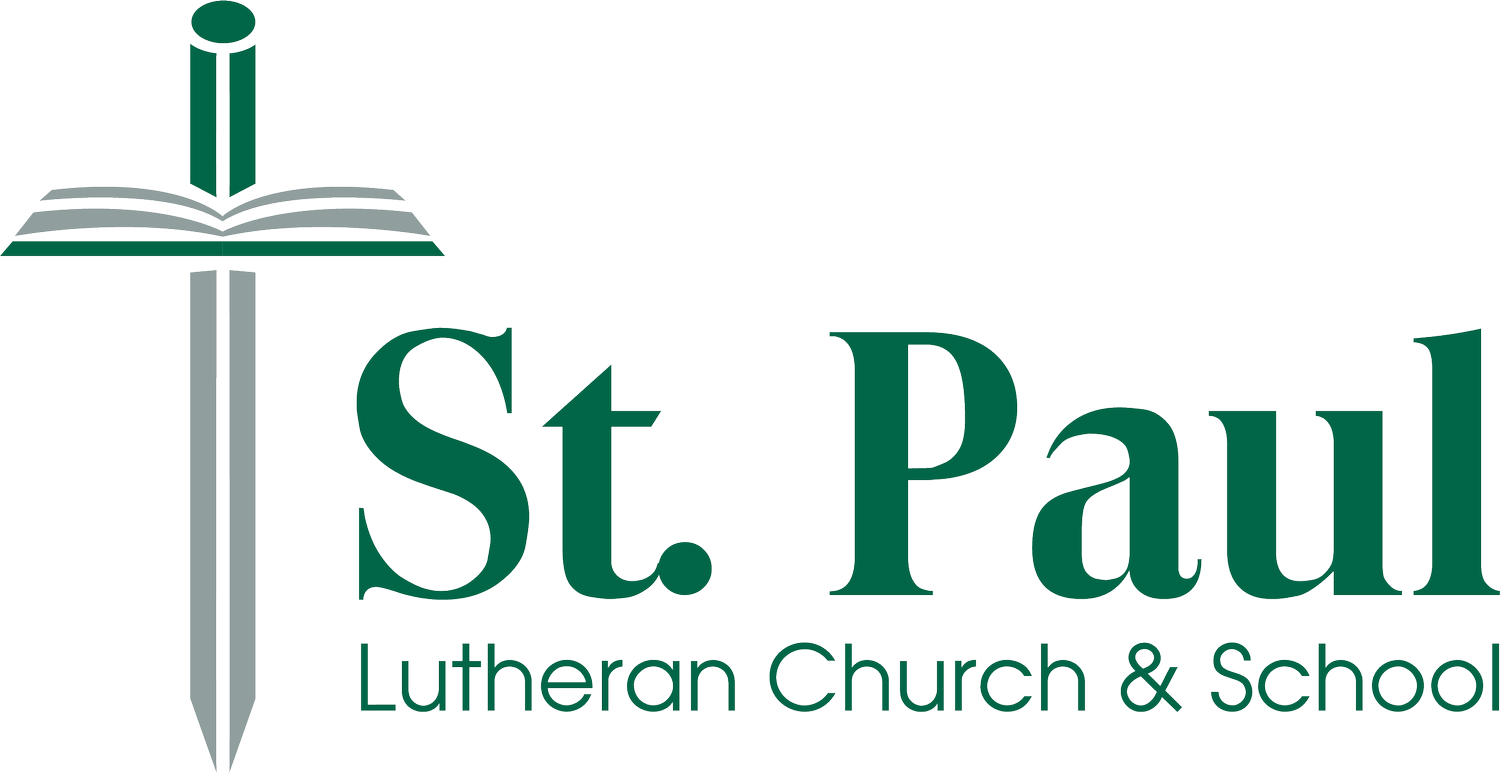Bible Study Schedule | 2023–2024
“Grow in the grace and knowledge of our Lord and Savior Jesus Christ.”
Worship Walkthrough
September 10—October 1
Have you ever given much thought to what we do in a worship service? Understanding not only what happens at church but also why it happens can help make our time in worship more impactful. In this study we’ll review biblical principles for Christian worship and see how God’s Word is woven through every part of our services.
The Smalcald Articles & Contemporary Catholicism
October 8—December 24
The Smalcald Articles, written by Martin Luther, are one of the key confessions of the Lutheran church. In this two-in-one study, we will review the Bible teachings summarized in the articles; we will also examine what the Roman Catholic Church teaches about these things. Our study will help us to recognize that the false teachings found at the time of the Reformation are still the position of the Roman Catholic Church today, and we’ll see how we can respond in love with the truth of God’s Word.
Introducing Jesus: A Primer for Reading the Gospels
December 31—February 11
In this study we will be introduced to how to read the Bible, what the gospels are, and how each of the four gospels has a unique author writing to a unique audience, giving us four ways of sharing who Jesus is. This study is useful not only for those new the Bible, but also for Christians working on their apologetic tact of talking about Jesus as a real, historical figure.
Reading Revelation: Principles for Interpretation
February 18—March 24
The Revelation to St. John is a regular request for Bible study. Revelation also has a reputation as a confusing, even frightening, book of the Bible. But it doesn’t need to be. Revelation is a book meant to comfort Christians. In this study, we’ll practice principles for interpreting Scripture, especially the symbolic language found in Revelation and throughout God’s Word, as we discover the comfort Christ reveals for his church now and forever.
Elephants in the Room: Theistic Evolution versus the Message of Scripture
April 7—May 26
When we say “there are elephants in the room,” we mean that people are ignoring important issues. Theistic evolution relies on ignoring key biblical teachings in order to appear reasonable. Using God’s Word alone, this study breaks down evolutionary arguments and shows believers how to discern biblical teachings about creation from common doctrinal errors. Participants will gain a better ability to discuss these problems with others and avoid confusion about science’s relationship with God’s Word.
19 Minutes with Luther
June—August
Our summer study of Luther’s Small Catechism continues. This year we’ll begin our study of the Apostles’ Creed. Topics covered include God’s creation and preservation, Christ’s person and work of salvation, and the nature of faith.


